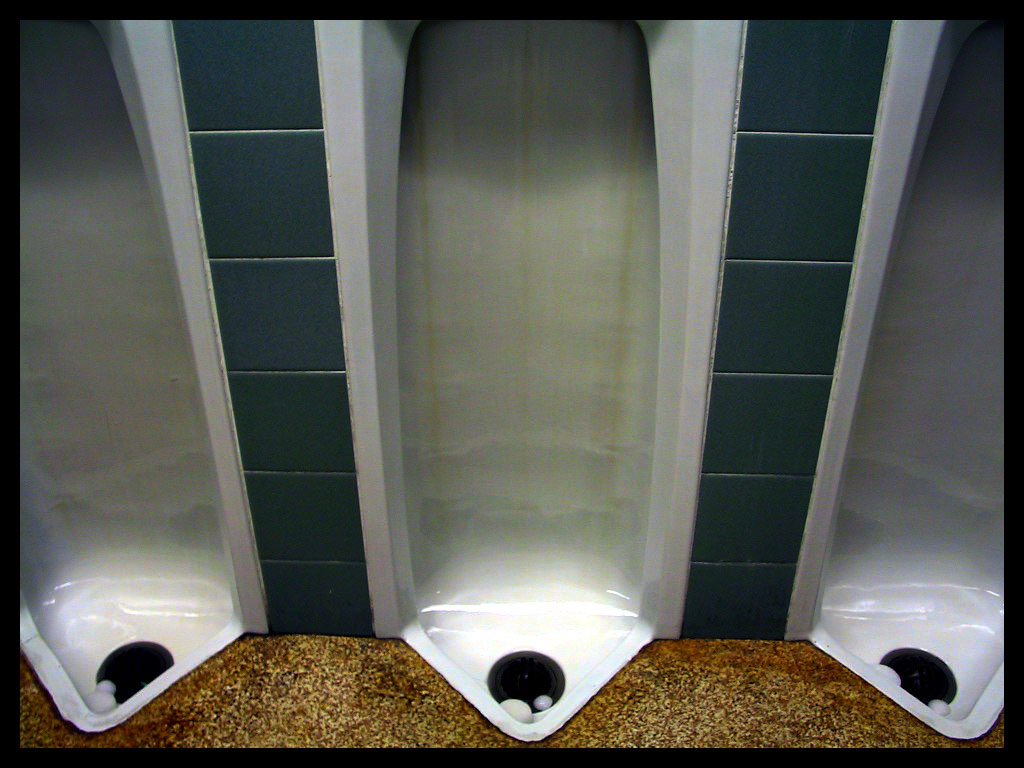
FRIDAY, April 11, 2014 (HealthDay News) — People with rheumatoid arthritis may be at increased risk for kidney disease and require close monitoring, a new study suggests.
Researchers looked at 813 people with rheumatoid arthritis and an equal number of people without the condition. Over 20 years, the rheumatoid arthritis patients had a 25 percent risk of developing chronic kidney disease, compared with a 20 percent risk for those in the general population.
“That might not seem like a lot, but in fact that’s quite a big difference, and it has important implications for the course of rheumatoid arthritis and for the management of the disease,” study senior author Dr. Eric Matteson, chair of rheumatology at the Mayo Clinic in Rochester, Minn., said in a Mayo news release.
Factors that contribute to a higher risk of kidney disease in rheumatoid arthritis patients include more severe inflammation in the first year of rheumatoid arthritis, use of corticosteroids, high blood pressure, obesity and high cholesterol levels.
While the study found an association between rheumatoid arthritis and a raised risk of kidney disease, it did not establish a cause-and-effect link.
The study was published recently in the American Journal of Kidney Diseases.
The researchers said that doctors should check rheumatoid arthritis patients periodically for signs of kidney problems. Patients need to keep their blood pressure under control, eat a low-salt diet and reduce or stop their use of medications that can harm their kidneys, including nonsteroidal anti-inflammatory drugs (NSAIDS).
“Kidney disease in patients with rheumatoid arthritis can be detected very simply, and the techniques are the same as are used in the general population,” Matteson said.
He noted that rheumatoid arthritis patients with chronic kidney disease may also be at increased risk for heart disease.
More information
The American Academy of Family Physicians has more about rheumatoid arthritis.
Copyright © 2026 HealthDay. All rights reserved.

